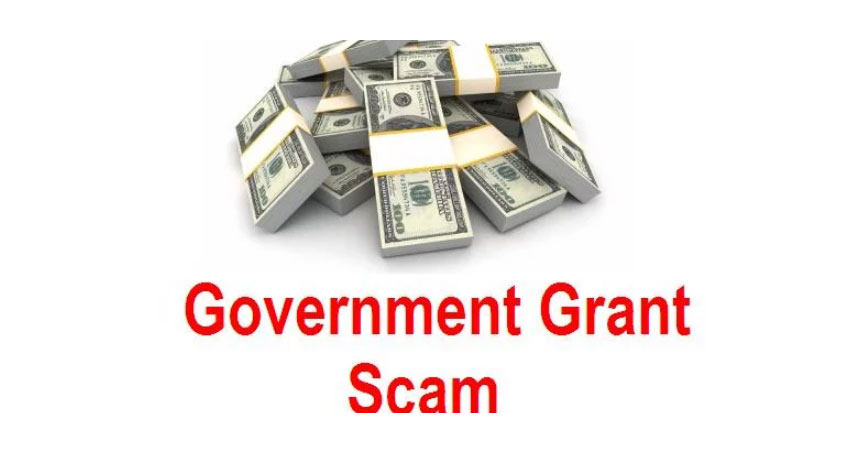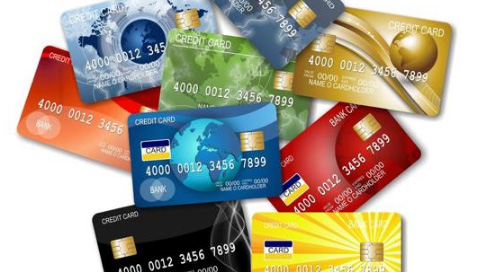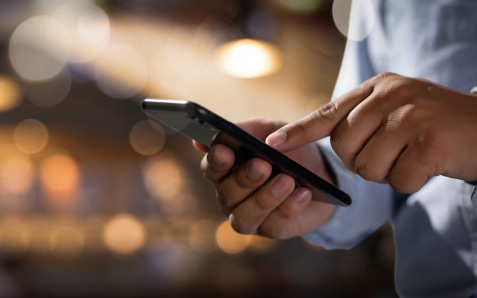SAGov tips how to protect yourself from government subsidy fraud
Source: SAGov Release Time: 10:34:21 2019-06-08

Government grant scammers try to get your money by guaranteeing a free grant to help you pay for college, home repairs, or other expenses. They ask for your checking account information so they can “deposit the grant money into your account” or withdraw a “one-time processing fee.” In reality, the government rarely grants money to individuals. It’s generally awarded to state and local governments, universities, and other organizations to pay for research and projects that benefit the public.
Report Grant Scams If you think you’ve been a victim of a government grant scam, report it to the Federal Trade Commission. You can file a complaint with the FTC online, or call toll-free 1-877-FTC-HELP (1-877-382-4357); TTY: 1-866-653-4261. The FTC enters fraud-related complaints into a database available to law enforcement agencies in the U.S. and abroad. If you’ve paid a fee to learn about or apply for a government grant, you can report it to your state consumer protection office. The government does not charge for information or applications for federal grants. How to Protect Yourself Remember these tips to avoid being a victim of a grant scam: Be wary of advertisements and calls about free government grants. These are usually scams. Register your phone number with the National Do Not Call Registry to reduce the number of telemarketing calls you receive. Register online at donotcall.gov or by calling 1-888-382-1222 (TTY: 1-866-290-4236) from the phone number you wish to register. Don’t give your bank account information to anyone you don’t know. Don’t pay any money for a government grant. You can get Information about government grants for free at public libraries and online at Grants.gov. Government agencies don’t charge processing fees for grants they’ve awarded. Don’t believe callers who claim they’re from an official-sounding government agency with news about a grant. Check out the name of the agency online or in the phone book—it may be fake. Don’t assume a phone call is originating from the area code displayed on your caller ID. Some scam artists use technology to disguise their location and make it appear as if they’re calling from Washington, DC.
